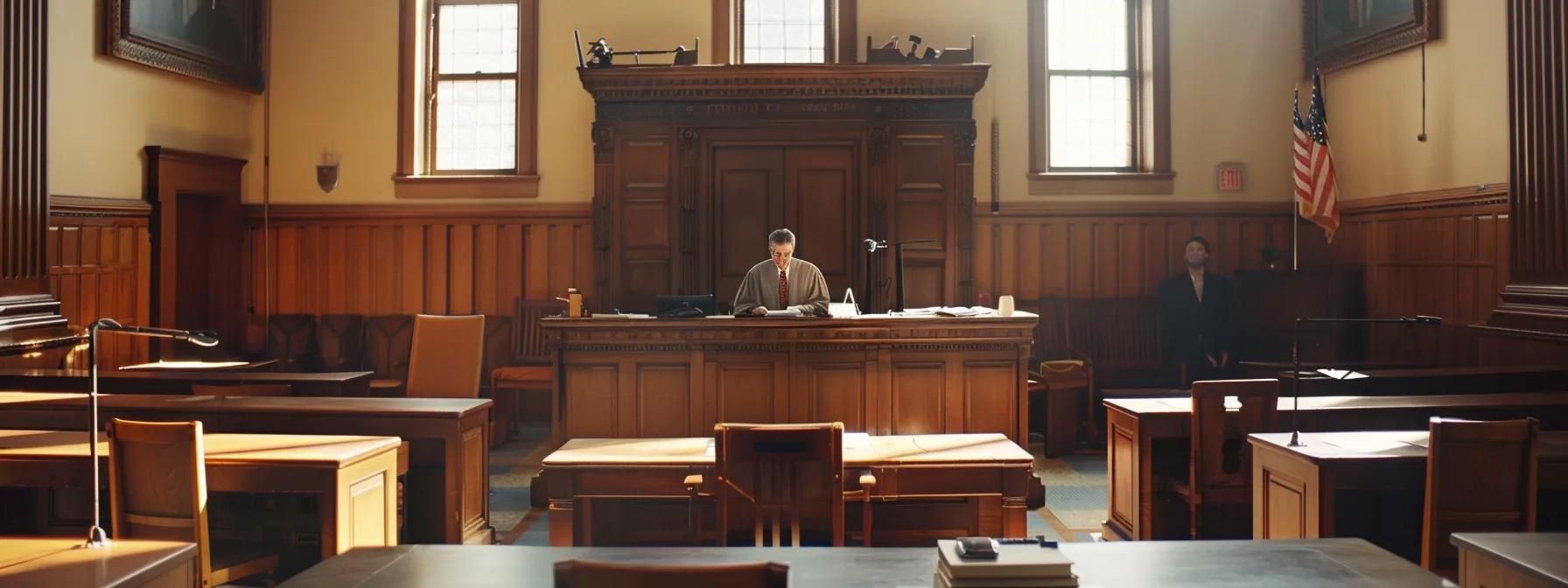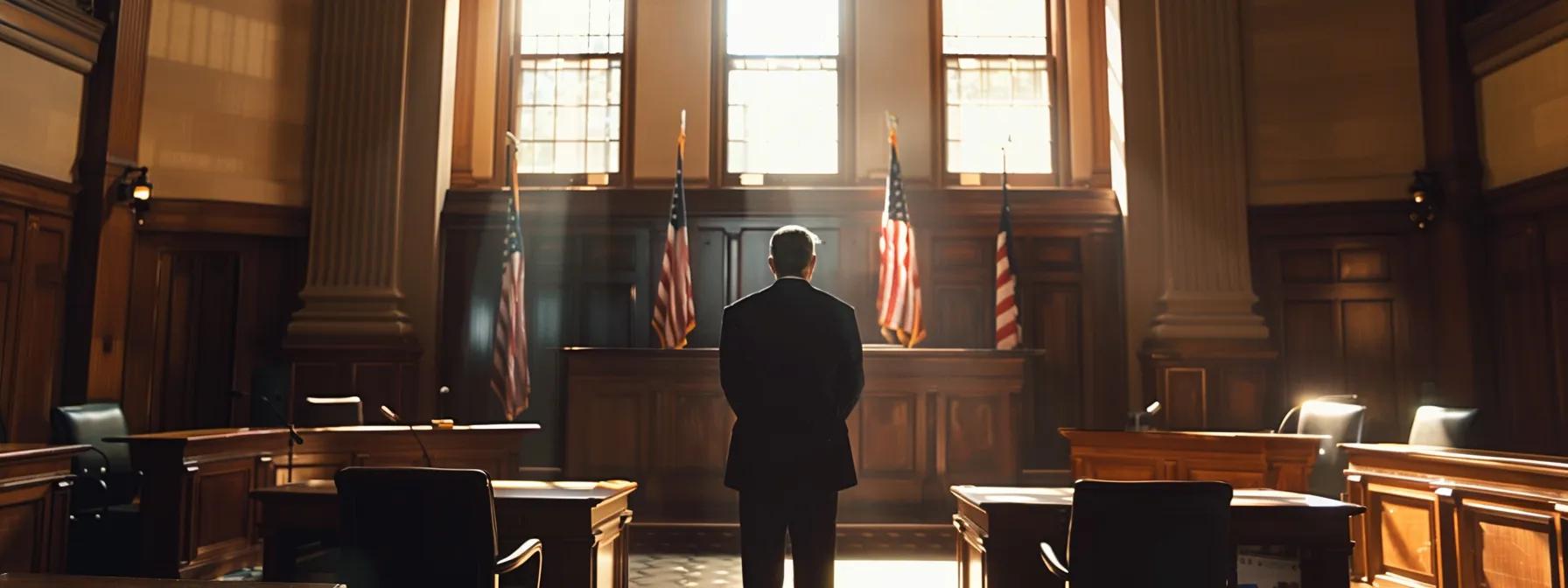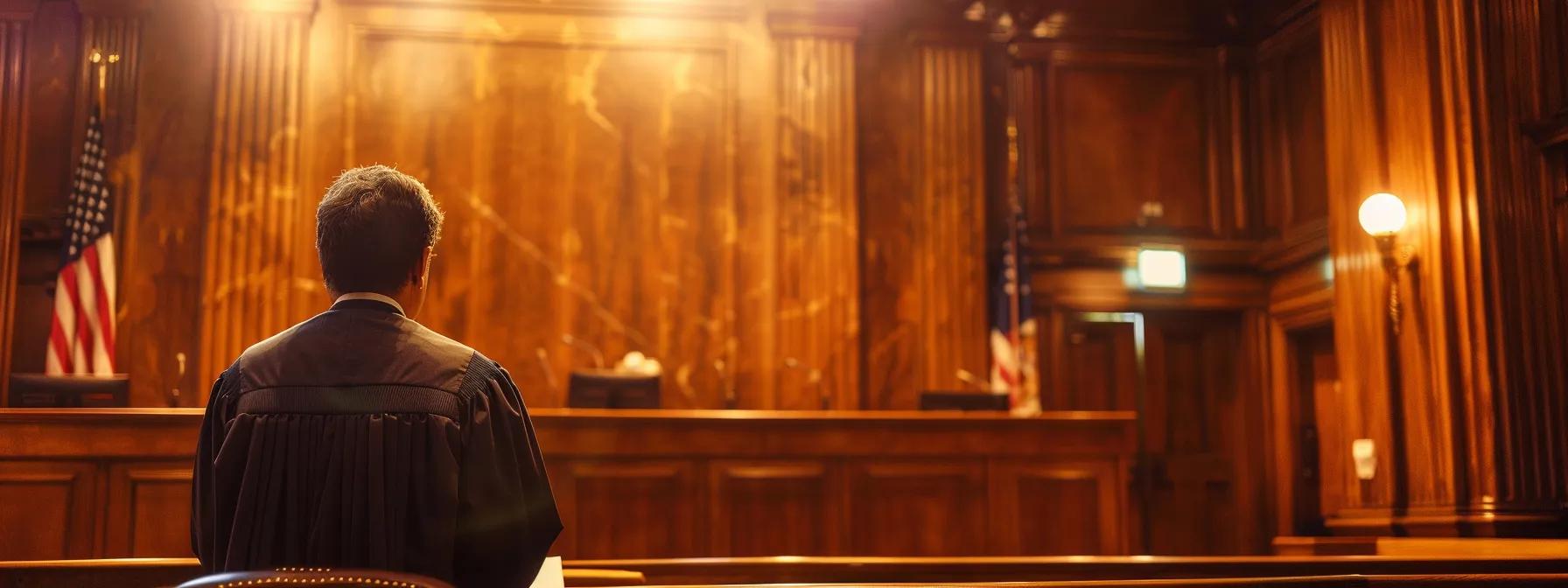How Does a Judge Decide Custody?

Introduction
Determining child custody in Virginia requires strict adherence to the statutory “best interests of the child” standard. For more detailed guidance on navigating these complex legal issues, parents and guardians may refer to coastalvirginialaw.com for additional insights. Judges balance factors including the child’s well-being, parental roles, and any history of abuse. This article explains how judges evaluate evidence and testimony, the types of custody orders available, and the process for modifying existing orders so that parents can better navigate custody disputes and protect their rights.
Key Takeaways
- Custody decisions are based on the child’s best interests as defined by statute.
- Judges evaluate parental health, relationships, home stability, and any abuse history.
- Options include joint or sole custody depending on the case.
- Evidence and testimony are critical in court.
- Modifications require proof of a material change in circumstances and proper legal counsel.
The “Best Interests of the Child” Standard in Virginia Custody Cases
Virginia courts rely on the “best interests of the child” standard, ensuring the child’s physical, emotional, and developmental needs are met. Judges apply statutory language and legal precedent to determine which custody arrangement best supports the child’s welfare.
Defining “Best Interests” Under Virginia Statute
This standard covers every aspect of a child’s welfare, including stability, emotional connections, and opportunities for growth. Judges use legal guidelines to quantify factors such as safety, health, and family relationships.
How Virginia Courts Prioritize a Child’s Well-Being and Safety
The court reviews evidence of the child’s physical security, emotional support, and consistency in care. The home environment and documented histories help ensure the child is placed in a stable, protective setting.
Considering the Age and Developmental Needs of the Child
Custody decisions consider the child’s age and maturity. Younger children may need intensive care, while older children might seek routine and stability. Educational needs, social development, and emotional maturity are key factors.
The Child’s Preference in Virginia Custody Determinations
When appropriate, a child’s preference is considered, especially if the child is mature enough to understand the situation. However, it is weighed along with parental capacities and other evidence.
Each Parent’s Historical Role in Upbringing and Daily Care
Judges examine each parent’s history of caregiving through daily routines, school involvement, and extracurricular support. Documentation and witness testimonies are used to verify these roles.
Key Factors Virginia Judges Evaluate for Custody Rulings

Judges assess several factors using documentary and testimonial evidence to decide what arrangement is in the child’s best interests.
Assessing Each Parent’s Physical and Mental Condition
A parent’s physical and mental health, including any issues with substance abuse, is evaluated through medical and psychological records. These assessments determine the parent’s ability to consistently care for the child.
The Nature of the Relationship Between Each Parent and the Child
A strong, nurturing bond is crucial. Evaluations include observations, testimonies, and documentation that attest to the depth of the parent-child relationship.
Each Parent’s Ability to Provide a Stable and Nurturing Home
Concerns such as housing, community ties, and financial support are reviewed to ensure the child will benefit from a secure home environment.
A Parent’s Willingness to Support the Child’s Relationship With the Other Parent
Courts favor parents willing to encourage a strong relationship between the child and the other parent. Demonstrated cooperation and adherence to visitation agreements are significant.
Addressing Any History of Family Abuse or Domestic Violence
Any history of abuse or violence is critically examined through police records and restraining orders to safeguard the child’s welfare.
Understanding Different Types of Custody Arrangements Awarded by Virginia Courts
Virginia offers various custody arrangements, ranging from legal to physical custody, which may be joint or sole. The final order depends on the child’s needs, parental capabilities, and evidence presented.
Distinguishing Legal Custody From Physical Custody Rights
Legal custody involves decision-making authority about the child’s upbringing, while physical custody refers to the child’s residence. These can be shared or divided between parents.
What Joint Custody Entails for Virginia Parents
Joint custody requires both parents to participate in significant decisions, sharing resources and responsibilities in a way that benefits the child.
Circumstances That May Lead to a Sole Custody Order
Sole custody is considered if one parent is unfit due to issues such as abuse or neglect. Courts may limit the other parent’s involvement to protect the child’s safety.
Developing a Practical and Consistent Visitation Schedule
A detailed visitation schedule is developed to minimize disruptions. Considerations include school routines, extracurricular activities, and logistical factors to maintain stability.
How a Virginia Beach Custody Lawyer Explains These Options
Virginia Beach custody lawyers help parents understand the differences between legal and physical custody. They interpret statutory language and case law while advising on the strengths and weaknesses of each arrangement.
The Role of Evidence and Testimony in a Virginia Beach Custody Hearing

Evidence and testimony are central to custody hearings. Judges rely on organized documentation, expert evaluations, and witness accounts to determine the child’s best interests.
Presenting Your Custody Case Persuasively to the Court
Parents must present organized records, such as school reports and medical documents, along with expert testimonies to highlight consistent caregiving patterns.
The Impact of Witness Statements on Custody Outcomes
Neutral third-party testimonies—from teachers, family friends, or community members—provide an independent perspective that reinforces documented evidence.
Understanding the Guardian Ad Litem’s Report and Recommendations
The guardian ad litem (GAL) prepares a report after conducting interviews and home visits. This report is critical in influencing the judge’s decision by providing an unbiased view of the child’s living conditions.
How Your Virginia Beach Custody Lawyer Gathers and Presents Proof
Attorneys collect affidavits, correspondence, and financial records to build a robust case. Their coordinated approach ensures the evidence supports a clear narrative.
Documenting Your Consistent Involvement in Your Child’s Activities and Welfare
Regular records of school attendance, extracurricular activities, and healthcare visits provide concrete evidence of a parent’s commitment to the child’s well-being.
Modifying an Existing Custody Order With a Virginia Beach Custody Lawyer
Custody orders can be modified when circumstances change materially. A Virginia Beach custody lawyer assists in presenting updated evidence to show the current arrangement no longer serves the child’s best interests.
Grounds for Changing a Virginia Custody or Visitation Order
Modifications may be requested due to changes such as job relocation, health status, or shifts in the child’s needs. Courts require clear evidence that a new arrangement would better serve the child.
Showing a Material Change in Circumstances to the Court
Parents must prove that significant changes—whether financial, living conditions, or educational environments—warrant a revision of the custody order with supporting affidavits and evaluations.
The Legal Steps for Seeking Custody Modification in Virginia Beach
The process begins with filing a formal petition backed by comprehensive evidence. After a review, a hearing is scheduled where both sides present their case.
How Parental Relocation Affects Current Custody Agreements
When a parent relocates, adjustments in visitation and overall stability are reassessed. The court considers whether such changes continue to support the child’s welfare while preserving the relationship with both parents.
Why Legal Counsel From a Virginia Beach Attorney Is Beneficial for Modifications
Experienced attorneys understand local statutes and can efficiently gather supporting evidence. Their expertise in negotiation and courtroom representation increases the likelihood of a favorable change.
Securing Representation From a Virginia Beach Custody Lawyer for Your Case

Effective legal representation is crucial in complex custody disputes. A skilled Virginia Beach custody lawyer advocates for parental rights and ensures the child’s best interests remain the focus.
Understanding Complex Virginia Custody Statutes and Procedures
Custody statutes can be intricate. A knowledgeable attorney decodes legal jargon and guides parents through procedural requirements to ensure compliance.
Protecting Your Parental Rights Throughout the Legal Process
Attorneys prepare necessary filings and evidence, safeguarding parental rights while building a strong case for custody and visitation.
Negotiating Fair Custody and Visitation Agreements Outside of Court
Many custody issues are resolved through mediation. An experienced custody lawyer can facilitate fair agreements that reduce court stress and provide flexible solutions.
Building a Strong Argument for the Judge’s Consideration
A well-documented, evidence-based argument is essential. Custody attorneys build a case that demonstrates a parent’s active involvement, stable living conditions, and willingness to support cooperative co-parenting.
What to Anticipate When Engaging a Virginia Beach Child Custody Attorney
Clients receive a thorough case assessment, step-by-step explanations, and guidance in evidence gathering, ensuring clarity on potential outcomes and strategic advice for court hearings or mediation.
Table: Key Attributes in Custody Evaluations
Before taking legal action, it is vital to understand the key factors judges examine:
List: Steps to Prepare for a Custody Hearing
Parents can enhance their case by: 1. Gathering documentation such as school records, medical reports, and daily logs. 2. Securing evaluations from psychologists or social workers. 3. Developing a clear visitation schedule considering school and extracurricular activities. 4. Collecting strong witness statements to reinforce daily care and emotional support.
Final Thoughts
Virginia custody decisions center on the child’s best interests. By evaluating evidence, testimony, and documented caregiving, judges determine the safest and most stable arrangement. With proper documentation and expert legal counsel, parents can advocate effectively for modifications that suit evolving circumstances. Consulting a specialized Virginia Beach custody lawyer protects both parental rights and the welfare of the child.
Frequently Asked Questions
Q: What does the “best interests” standard mean in custody cases? A: It is the judicial evaluation prioritizing the child’s safety, stability, and overall welfare as defined by statutory criteria.
Q: How do judges assess each parent’s ability to care for a child? A: They review medical, psychological, and financial records, as well as documented involvement and cooperation with the other parent.
Q: Can custody orders be modified after they are issued? A: Yes, modifications are possible if a material change in circumstances is supported by updated evidence and legal representation.
Q: What role does a guardian ad litem play in custody cases? A: The guardian ad litem provides an independent report after interviewing all parties and assessing the home environment, helping guide the judge’s decision.
Q: How important is documented evidence in custody hearings? A: Documented evidence is crucial, as it substantiates claims regarding consistent involvement, stability, and the child’s overall best interests.



